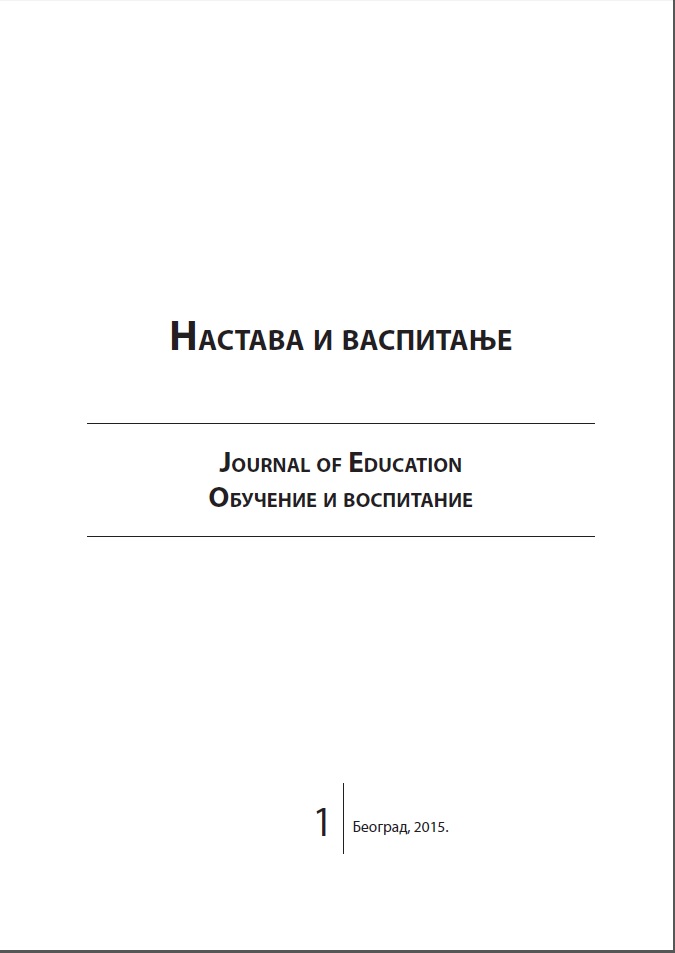Аутономија ученика у разредном контексту - критичка перспектива теорије самоодређења
Student autonomy in classroom context: A critical perspective of the self-determination theory
Author(s): Aleksandar TadićSubject(s): Education
Published by: Педагошко друштво Србије
Keywords: student; autonomy; class discipline; critical pedagogy; theory of self-determination
Summary/Abstract: The paper stresses that in the field of pedagogic theory it is necessary to develop an interpretational framework for analysing basic pedagogic processes based on the assumptions of critical pedagogy and the theory of self-determination. Analyzed were the definitions of the idea of autonomy and control in the works of Michael Apple, John Dewey, Richard Ryan, Edward Deci, and Alfie Kohn. The starting standpoints that control, limitations and requirements are constitutive elements of education and that autonomy is the result of internalized control are argued. The student’s autonomy is not linked exclusively with their engagement in the activities accompanied with pleasant feelings. Even an extrinsically motivated student feels that he is behaving autonomously in the cases of internalization and integration of the value of such behaviour when he internalizes classroom rules and teaching requirements as his own values and regulators of his own behaviour. Among the conclusions it is stated that the teacher expecting a certain behaviour and participation in the activities which his students do not perceive as helpful or important, will tend to support the feeling of autonomous acting in the students by making an effort to explain to them the value of such behaviour or potential personal benefit it can bring them.
Journal: Nastava i vaspitanje
- Issue Year: 64/2015
- Issue No: 1
- Page Range: 101-115
- Page Count: 15
- Language: Serbian

